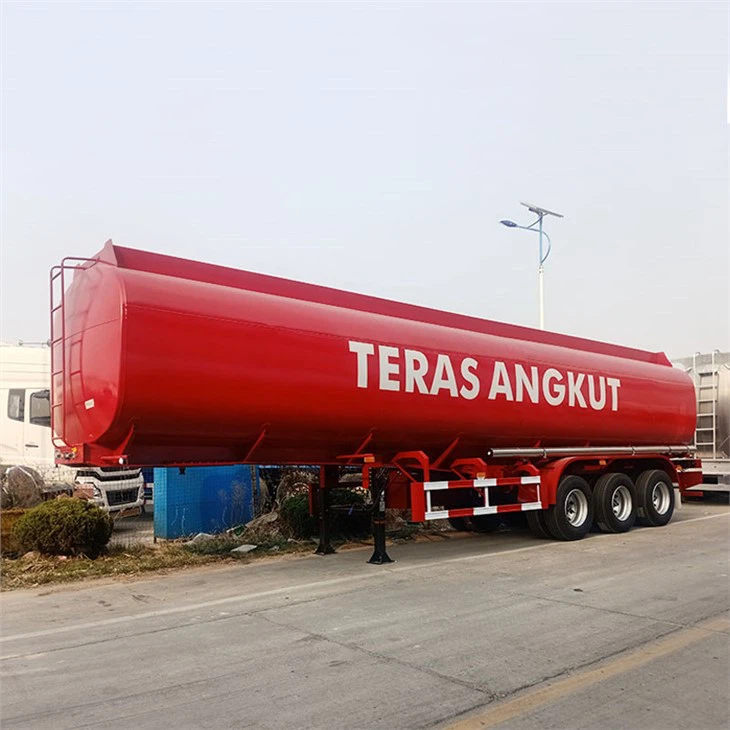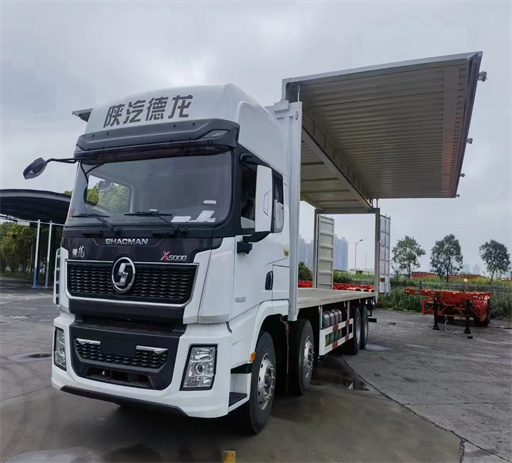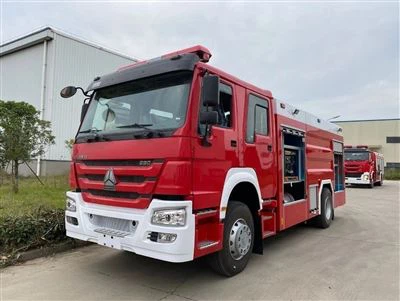Understanding Roll-Off Trucks: Your Ultimate Guide

Roll-off trucks are essential vehicles in the waste management and construction industries, designed for transporting large containers filled with debris, waste, or recyclable materials. This article will provide a comprehensive overview of roll-off trucks, covering everything from their design and features to their benefits and common applications. By the end, you will have a thorough understanding of roll-off trucks and how they can be utilized effectively.
What are Roll-Off Trucks?
Roll-off trucks are specialized vehicles that allow for easy loading and unloading of large containers or dumpsters. Known for their unique design, these trucks feature a hydraulic system that enables containers to roll off the back and be positioned easily on the ground. They are commonly used in various industries, including construction, demolition, waste management, and recycling.
Types of Roll-Off Trucks

Roll-off trucks come in different configurations, each designed for specific purposes. The main types include:
- Standard Roll-Off Trucks: These trucks feature a straightforward design suited for transporting standard containers, typically with capacities ranging from 10 to 40 yards.
- Heavy-Duty Roll-Off Trucks: Built for heavy loads, these trucks can handle larger containers and are ideal for demolition projects and construction sites.
- Dual-Function Roll-Off Trucks: These versatile trucks can operate both as a roll-off and a standard flatbed truck, increasing their utility.
The Components of a Roll-Off Truck
Understanding the components of a roll-off truck will help you appreciate its functionality and design. Key components include:
1. Chassis
The chassis is the base frame of the truck, providing the structural support needed to bear heavy loads. It is typically made from high-strength steel to ensure durability.
2. Hydraulic System
The hydraulic system allows for the lifting and lowering of the container. It is a critical component that uses hydraulic fluid to operate the lift mechanism efficiently.
3. Container
Roll-off containers come in various sizes and are designed to hold different types of materials, from construction debris to recyclable waste.
4. Hoist Mechanism
This mechanism is responsible for rolling the container off and onto the truck. It typically includes a set of hydraulic arms that can lift heavy containers with ease.
Benefits of Using Roll-Off Trucks
Roll-off trucks offer numerous benefits, making them a preferred choice for many businesses:
1. Efficiency
Roll-off trucks can quickly load and unload containers, which saves time and increases productivity on job sites.
2. Versatility
These trucks can be used in various settings, accommodating different container sizes and types depending on the project requirements.
3. Cost-Effectiveness
By streamlining waste collection and disposal, roll-off trucks can help reduce costs associated with labor and waste management.
Common Applications of Roll-Off Trucks
Roll-off trucks are used across various industries. Below are some common applications:
1. Construction and Demolition
In construction sites, roll-off trucks are essential for transporting building materials and debris. They help in clearing waste efficiently, making them indispensable for contractors.
2. Recycling
Roll-off trucks facilitate the collection of recyclable materials, contributing to environmental sustainability efforts.
3. Waste Management
Municipalities utilize roll-off trucks for large waste collection, including renovation projects and large-scale cleanups.
How to Choose the Right Roll-Off Truck

Selecting the right roll-off truck is crucial for maximizing operational efficiency. Consider the following factors:
1. Load Capacity
Determine the weight and volume of materials you will transport, and choose a truck that can handle that load.
2. Container Size
Roll-off containers vary in size, so make sure to select ones that fit your needs, whether they’re for construction debris or recycling.
3. Hydraulic Power
Evaluate the hydraulic system for its lifting capacity and efficiency; a powerful system will ease the loading process.
Safety Considerations for Roll-Off Trucks
Safety is paramount when operating roll-off trucks, as they deal with heavy loads. Here are some tips:
1. Regular Inspections
Conduct routine inspections of the hydraulic system, brakes, and tires to ensure safe operation.
2. Proper Training
Employees should receive adequate training on how to operate roll-off trucks and handle containers safely.
3. Use of Personal Protective Equipment (PPE)
Ensure that everyone involved in loading and unloading wears appropriate PPE, including gloves, helmets, and safety boots.
Maintenance Tips for Roll-Off Trucks
Regular maintenance is critical for keeping roll-off trucks in optimal working condition. Here are some practical maintenance tips:
1. Keep It Clean
Regularly wash the truck and containers to remove dirt and debris that can accumulate and cause rust or damage.
2. Check Fluid Levels

Monitor hydraulic fluid levels and ensure that they are maintained according to the manufacturer’s specifications.
3. Inspect Tires
Regularly inspect tires for wear and proper inflation, as they are crucial for safety and performance.
4. Professional Servicing
Schedule professional servicing at recommended intervals to catch any potential issues early and maintain vehicle performance.
Cost Considerations for Roll-Off Trucks
Investing in a roll-off truck can entail various costs. Here’s a breakdown:
1. Purchase Costs
The initial cost can vary significantly based on the truck’s size, features, and brand. New trucks can range from $100,000 to $250,000, whereas used trucks may cost between $20,000 and $100,000.
2. Operating Costs
Consider fuel, insurance, maintenance, and driver’s wages when calculating operating expenses.
3. Return on Investment (ROI)
Evaluate how quickly the roll-off truck can pay for itself through increased productivity and cost savings in waste management.
FAQs About Roll-Off Trucks
1. What is the average size of a roll-off container?
Roll-off containers come in various sizes, typically ranging from 10 to 40 yards, depending on the type of waste being collected.
2. How do you load a roll-off container?
A roll-off container is loaded onto the truck using a hydraulic system that lifts and rolls the container onto the back of the truck.
3. Can I rent a roll-off truck?
Yes, many companies offer roll-off truck rentals, which can be a cost-effective solution for temporary needs.
4. How do I find a reputable roll-off truck service?
Research local companies, read customer reviews, and ask for recommendations to find a reliable service provider.
5. Are roll-off trucks environmentally friendly?
Yes, roll-off trucks facilitate recycling and proper waste disposal, contributing to environmental sustainability by reducing landfill waste.
6. What types of materials can be loaded into a roll-off container?
Roll-off containers can handle a range of materials, including construction debris, household waste, and recyclable materials, depending on local regulations.
